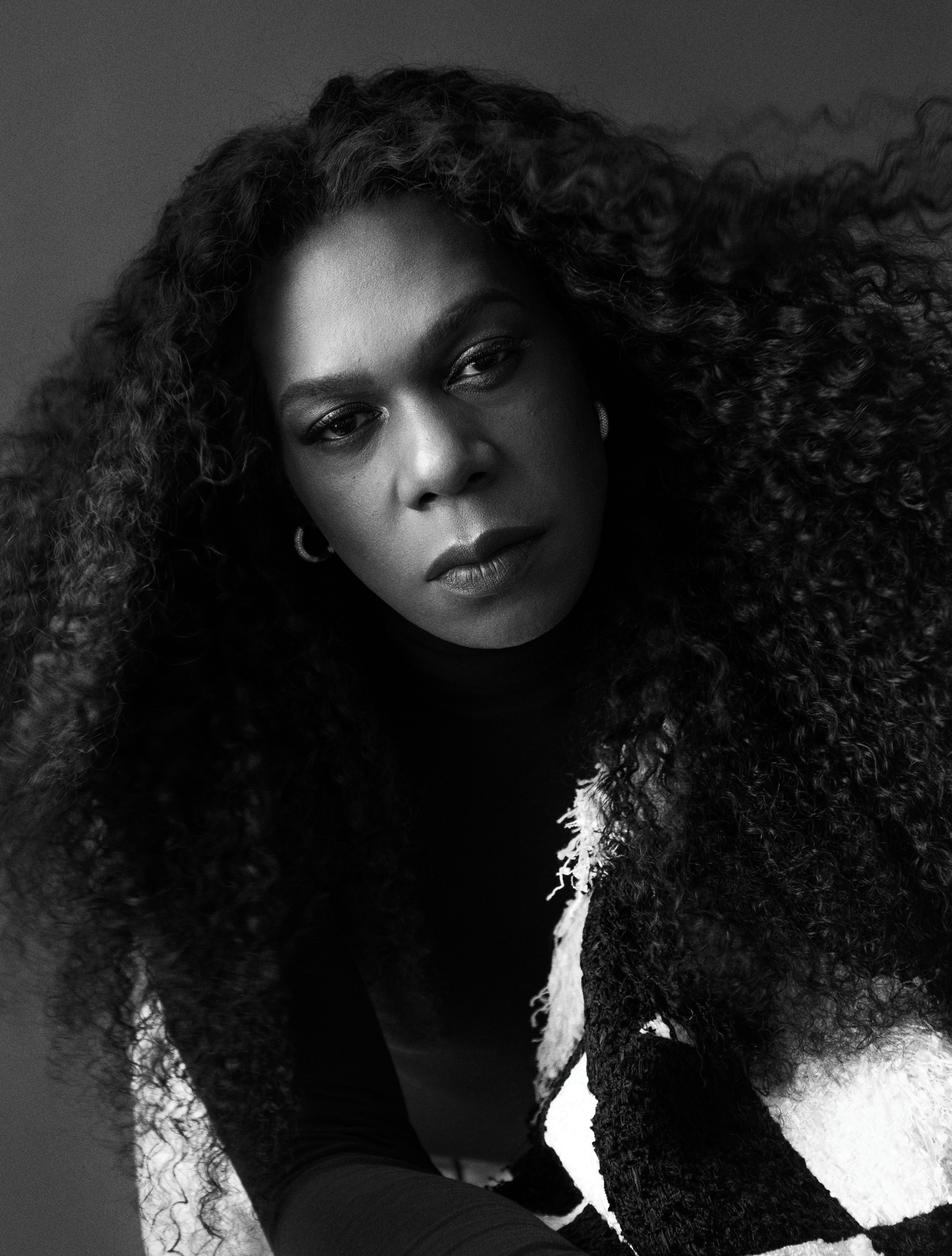Big Freedia, Mother of Bounce Music, Shatters Glass Ceilings
Big Freedia has never been shy. But with her upcoming single “Chasing Rainbows” and an EP en route, the queen diva is shattering glass ceilings and expectations.
This year marks the 20th anniversary of “An Ha, Oh Yeah”— Big Freedia’s 1999 debut, an airhorn heralding both the rise of bounce, a once-underground subgenre characterized by relentless baselines and call and response, and that of its undisputed mother. Two decades on, that Freedia “came to slay, bitch” rings truer than ever. While samples by the likes of Drake (“Nice For What”) and Beyoncé (“Formation”) have dispatched Freedia’s pressurized vocals to the masses, it’s Freedia in the flesh—north of 6′ 3″ in heels, with a mane of ebony waves—that has sealed her status as a gender-non- conforming icon, perhaps best epitomized by her appearance at this year’s Met Gala where she twerked on the red carpet in custom Gypsy Sport.
Though Freedia’s assertive, hips-forward posture is emblematic of bounce music at large, it has always been in opposition to the musical status quo. “Being gay and coming out with bounce music, we had push back, of course; it really made a lot of the straight artists upset,” Freedia says. “We definitely made some noise and shook some people up. Like, they were not happy about that.”
After a decade in the underground, Freedia caught the ear of Lil Wayne, who sampled her track “Gin In My System.” But strides in the industry came with a catch. “[People] started calling it ‘sissy bounce,’” she says. As she recounts on her new single with Kesha, “Chasing Rainbows,” the first of an aptly titled August EP Louder, Freedia knew such labels well. “I had to fight because I was always being called ‘sissy’ growing up,” she says. Before bounce, her outlet for high flamboyance was leading the church choir alongside her godmother while still in high school. “She helped me a lot in coming out of that shell and feeling protected in a place where I didn’t feel welcome, which was the church,” Freedia says. “But the good outweighed the bad.”
After a friend offered Freedia a one-off session in the recording studio, she soon became a crossover New Orleans success. “People knew me [by] ‘the Freedia call,’” she says. “It was my signature in choir and [later] in the club. As I got older, and my career started to take off, the women of the church [continued] supporting me. Some of the church folks would be in the club, rocking with me.”
While Freedia has survived across seemingly opposing ecosystems, she says her new EP represents the meeting of “Freedia the Queen Diva” and her younger self. “It’s a mix of early and new; some stuff that I went through as a child and into where I am at now,” she says. Not a fan of labels, she espouses living one’s truth out loud, whatever that may be: “If you’re a sissy, be the best sissy you can be. It doesn’t matter as long as you know who you are.” Let Freedia ring.
